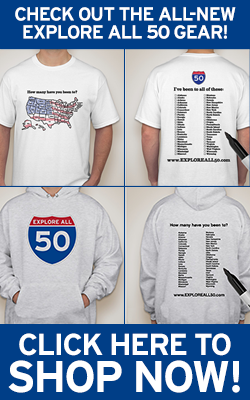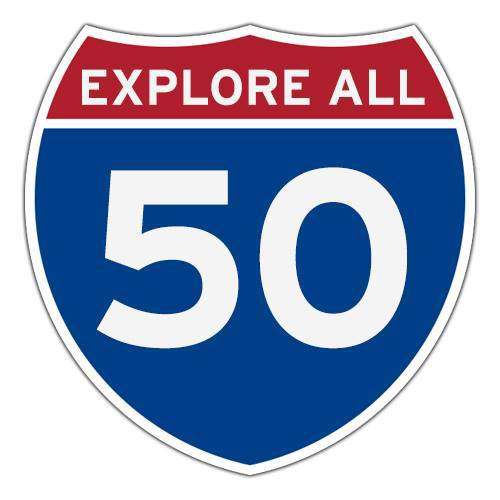About 10 years ago when I took my kids on our first summer road trip, I could not have imagined how much these trips would impact their lives, not just by connecting us together, but by yielding huge educational dividends. These trips have given them what I like to call a “3D” education-engaging their senses in a way that connects them through first hand experiences. History, science, and economics are just three great examples of subjects that have come alive through our travels in ways they never could by just reading a textbook.

None of my kids are history buffs, but it has quickly become one of their favorite subjects because through travel, they’ve become deeply connected to people, places and events that have shaped our great nation. My kids have all learned about the civil rights movement, but it took on new meaning as we stood at the very bus stop where Rosa Parks got on. As we stood there, I asked my kids to put themselves in that moment, what might they be thinking and feeling in that time and place. Visiting historic sites touches your soul leaving an emotional imprint that makes history come alive rendering it unforgettable.

In our road trip travels, we’ve had numerous opportunities to explore science-reinforcing what the kids have learned in school, as well as learning new and fascinating information. My kids have learned about volcanoes in science class but how cool is it to hold a piece of lava in your hand that you picked up at the site of a cooled lava flow. How about watching chemistry come to life in a cheese factory, learning how the enzymes cause the milk to separate into curds and whey and eventual cheese? Looking at science through real life applications gives real meaning to those lessons learned in science class. It’s how our world works, technology, food, ecosystems and seeing it all up close and personal helps kids connect those dots, get excited and even inspired.

The only one of my kids who have ever taken an economics course is my daughter Lilia who is taking it this year as a high school senior-but it’s never too early to start talking about money, industry, and markets. This is the lifeblood of our society what makes our world go round. Where does our food come from in the market? Who grows it and where? How did ideas about the economy affect the relationship between southern states and northern states resulting in the Civil War. These are all grand ideas, but your kids (and YOU, I can’t tell you how much I have learned right along with my kids) will understand them as you tour and visit places on the road. Driving through Detroit was a real eye opening experience and a great economics lesson. We learned about Henry Ford, his assembly line and how Detroit prospered becoming the mecca of car manufacturing by visiting the Ford Rouge Factory. In sharp contrast were the communities we drove through illustrating hard times since the plants have been shut. We talked about how car imports have affected the economy of Detroit. My kids were deeply moved by what they saw, but more importantly they learned some basic ideas about economic cause and effect by seeing it first hand.







